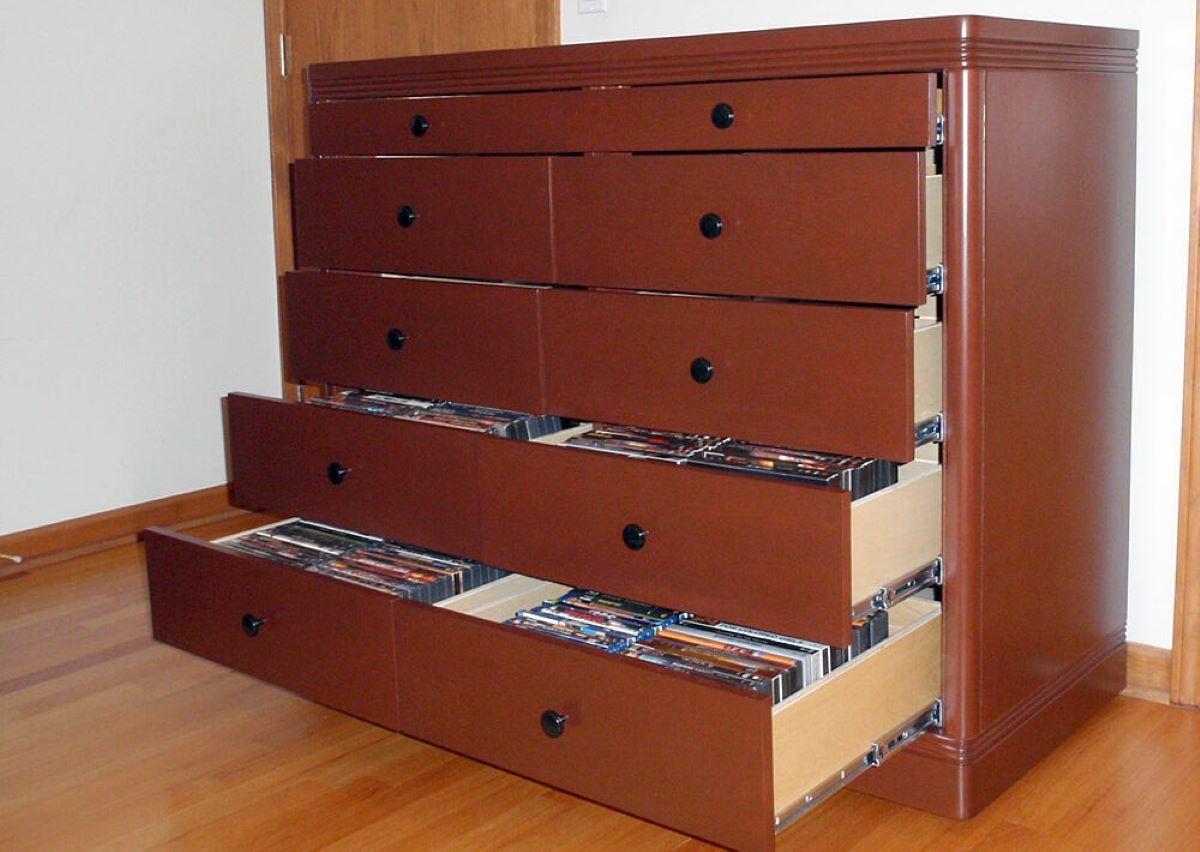

Articles
How To Store 1000 DVDs
Modified: January 7, 2024
Learn effective ways to store your collection of 1000 DVDs. Read our articles for tips, tricks, and expert advice on organizing and preserving your DVD library.
(Many of the links in this article redirect to a specific reviewed product. Your purchase of these products through affiliate links helps to generate commission for Storables.com, at no extra cost. Learn more)
Introduction
With the rise of digital media and streaming services, it may seem like DVDs have become a thing of the past. However, for those who still treasure their DVD collections, proper storage is essential to ensure the longevity and quality of these physical media treasures.
Storing DVDs may seem like a straightforward task, but there are several factors to consider to ensure their preservation. In this article, we will explore the reasons why DVDs require proper storage, the factors to consider before storing them, the different storage solutions available, tips for organizing and maximizing space, and strategies for maintaining the quality of stored DVDs.
Whether you have a collection of 100 or 1000 DVDs, taking the time to store them correctly will not only protect your investment but also make it easier to access and enjoy your movies or TV shows whenever you want.
So, if you are ready to learn how to store 1000 DVDs or any number of DVDs, let’s dive in and discover the best practices for keeping your collection safe and well-preserved!
Key Takeaways:
- Proper storage of DVDs is crucial for preserving their quality and longevity. Factors such as space availability, collection size, and environmental protection should be considered when choosing the right storage solution.
- Organizing, preparing, and maintaining DVDs for storage are essential steps to ensure their longevity. Maximizing space, considering long-term storage factors, and following best practices can help protect and cherish your DVD collection.
Read more: How To Store DVDs
Why DVDs Need Proper Storage
DVDs are made up of delicate materials that can easily be damaged if not stored properly. Here are a few reasons why DVDs require proper storage:
- Protection from physical damage: DVDs are vulnerable to scratches, cracks, and warping. Mishandling or storing them inappropriately can lead to irreversible damage, affecting the playback quality and potentially rendering them unusable.
- Preserving the data layer: DVDs have a thin data layer where the information is stored. Exposure to heat, humidity, and direct sunlight can cause the data layer to deteriorate, resulting in data loss and rendering the DVD unreadable.
- Maintaining optimal playback quality: DVDs are designed to provide high-quality video and audio playback. When not stored correctly, they may experience degradation in audiovisual performance, leading to pixelation, freezing, or skipping during playback.
- Preventing disc rot: Disc rot is a phenomenon where the reflective layer of a DVD gradually deteriorates, causing discoloration and rendering the data unreadable. Proper storage can minimize the risk of disc rot and prolong the lifespan of your DVDs.
- Preventing loss or misplacement: DVDs can easily get lost or misplaced if not organized and stored in a dedicated space. Proper storage solutions help in keeping your collection intact and easily accessible.
By understanding the reasons why DVDs need proper storage, you can take the necessary steps to protect your collection and ensure the longevity of your DVDs. In the next section, we will discuss the factors to consider before storing your DVDs to make informed decisions about the best storage solution for your needs.
Factors to Consider Before Storing DVDs
Before you start storing your DVDs, there are a few important factors to consider. By taking these factors into account, you can make informed decisions and choose the most suitable storage solution for your collection. Here are the key factors to consider:
- Space availability: Assess the amount of space you have available for storing your DVDs. This will help you determine whether you need a compact storage solution or if you have enough room for a larger setup.
- Collection size: Consider the size of your DVD collection. If you have a small collection, a simple storage solution such as a DVD case or shelf may be sufficient. However, for larger collections, you may need a more comprehensive storage system.
- Accessibility: Determine how frequently you access your DVDs. If you frequently watch movies or TV shows from your collection, you will want a storage solution that allows for easy access and retrieval.
- Protection from environmental factors: Take into account the environmental conditions in the storage area. Factors such as temperature, humidity, and sunlight exposure can have a significant impact on the longevity of your DVDs. Consider storage solutions that offer protection from these elements.
- Portability: If you often travel or want to take your DVDs with you on the go, consider storage options that are lightweight and portable.
- Future expansion: Think about the potential for expanding your DVD collection in the future. Choose a storage solution that can accommodate additional DVDs as your collection grows.
By considering these factors, you can narrow down your options and choose the most suitable storage solution for your DVD collection. In the next section, we will explore the different storage solutions available and discuss their pros and cons.
Choosing the Right Storage Solution
When it comes to storing your DVD collection, there are several storage solutions to choose from. Each option comes with its own advantages and considerations. Here are some of the popular storage solutions to help you make the right choice:
- DVD Cases: DVD cases are a common and affordable storage solution. They are available in various sizes, from single-disc cases to multi-disc cases. DVD cases are compact and offer protection from physical damage, but they can take up a significant amount of space if you have a large collection.
- DVD Shelves: Shelves specifically designed for DVDs are a popular choice for collectors with a medium to large collection. They provide easy access to your DVDs and can be mounted on the wall or freestanding. DVD shelves come in different styles and sizes to fit your storage needs and can showcase your collection as a decorative display.
- DVD Binders: DVD binders are designed to store DVDs in sleeves or pouches. They are compact and portable, making them a great option for those who want to take their DVDs on the go. However, binders may not offer as much protection from physical damage as other storage solutions.
- Media Cabinets: Media cabinets are specifically designed to store various media formats, including DVDs. They come with shelves or drawers to organize your collection and often include additional features like doors or glass panels for added protection and aesthetics.
- DVD Storage Boxes: Storage boxes are a practical option for those who want to store their DVDs out of sight. They come in various sizes and materials and can be easily stacked to save space. However, it’s important to choose boxes that offer protection from dust and environmental elements.
When selecting a storage solution for your DVDs, consider factors such as space availability, collection size, accessibility, and protection from environmental factors. It’s also worth exploring combination storage solutions that offer flexibility, such as DVD shelves with built-in drawers or cabinets.
Ultimately, the right storage solution for you will depend on your specific needs and preferences. Regardless of the option you choose, ensure that it provides adequate protection and easy access to your DVD collection.
Now that you have an idea of the different storage solutions available, let’s move on to the next section to explore tips for organizing your DVD collection.
Organizing Your DVD Collection
Proper organization is key to efficiently manage and enjoy your DVD collection. When organizing your DVDs, consider the following tips to keep everything in order:
- Sort by genre or category: Categorize your DVDs by genre, such as action, comedy, or drama. This will make it easier to find a specific movie or TV show when you are in the mood for a particular genre.
- Alphabetical order: Arrange your DVDs in alphabetical order by title or by the name of the series. This method allows for quick and easy browsing when you are searching for a specific DVD.
- Numbering system: If you have a large collection of movies or TV series, consider implementing a numbering system. Assign a unique number to each DVD and keep a catalog or database that lists the corresponding titles. This can be particularly helpful when you have multiple seasons or box sets of a series.
- Consider personal preferences: Organize your DVDs in a way that makes the most sense to you. If you have a favorite director or actor, you may want to group their movies together. Tailor the organization system to your preferences and make it easy for you to locate and enjoy your DVDs.
- Labeling: Label your DVDs with clear and legible titles. This ensures that you can easily identify each DVD without removing it from its case or sleeve.
- Separate DVDs and Blu-rays: If you have a mix of DVDs and Blu-rays in your collection, consider keeping them separate for clarity and easy differentiation.
- Create a digital inventory: As an additional measure, create a digital inventory of your DVD collection. Use a spreadsheet or dedicated software to list the titles, genres, and any other relevant information. This digital inventory can serve as a backup and help you keep track of your collection.
By organizing your DVD collection, you will save time and effort when searching for a specific DVD and enhance your overall movie-watching experience.
In the next section, we will explore steps to take in order to prepare your DVDs for storage.
Consider investing in a DVD storage case or shelf to keep your collection organized and easily accessible. Store them in a cool, dry place away from direct sunlight to prevent damage.
Read more: How To Store DVDs With Cases
Preparing DVDs for Storage
Before you store your DVDs, it’s important to take a few steps to ensure their protection and minimize the risk of damage. Follow these guidelines to prepare your DVDs for storage:
- Clean the DVDs: Dust, fingerprints, and smudges can affect the playback of your DVDs. Use a soft, lint-free cloth to gently clean the discs before storing them. Start from the center and wipe outward in a straight line motion; avoid circular motions as they can cause scratches.
- Remove stickers and labels: If there are any stickers or labels directly on the DVDs or their cases, remove them carefully. Stickers can leave residue that can be difficult to clean and may damage the disc surface over time.
- Repair any damage: Inspect your DVDs for any visible damage, such as scratches or cracks. If you notice any damage, consider using a DVD repair kit to fix minor scratches. For significant damage, it’s best to replace the DVD to avoid playback issues.
- Use proper cases or sleeves: Ensure that each DVD is stored in a proper case or sleeve. This provides an additional layer of protection against dust, scratches, and other potential physical damage.
- Include original inserts: If your DVDs came with original inserts, such as artwork or booklets, make sure to store them together with the discs. This keeps everything organized and maintains the completeness of your DVD collection.
- Avoid stacking DVDs: When storing your DVDs, avoid stacking them directly on top of each other. Stacking can increase the risk of scratches and create unnecessary pressure on the discs. Instead, use proper storage solutions that allow the DVDs to be stored vertically or in individual compartments.
- Consider moisture control: Moisture can cause damage to your DVDs, leading to mold growth or corrosion. If you live in a high-humidity environment, consider using moisture-absorbing packets or storing your DVDs in a sealed container with silica gel packs to control humidity levels.
By taking these steps to prepare your DVDs for storage, you are ensuring that they remain in good condition and maintain their playback quality. In the next section, we will provide tips for maximizing space when storing a large DVD collection.
Tips for Maximizing Space
When you have a large DVD collection, efficient use of space is crucial to keep your collection organized and easily accessible. Here are some tips to help you maximize space when storing your DVDs:
- Utilize vertical space: Instead of spreading your DVDs horizontally, consider utilizing vertical space. Invest in tall DVD shelves or bookcases that allow you to stack DVDs vertically, saving valuable floor space.
- Group DVDs in slim cases: If you’re looking to save even more space, consider replacing traditional DVD cases with slim cases. Slim cases are thinner and take up less space while still providing protection for your DVDs.
- Consider space-saving storage solutions: Explore storage options specifically designed for maximizing space, such as rotating DVD towers or wall-mounted DVD storage units. These solutions can help you store a large number of DVDs in a compact manner.
- Use multi-disc storage solutions: Opt for storage solutions that can hold multiple DVDs in a single case or sleeve. This reduces the number of individual cases and saves space.
- Implement a digital collection: Consider digitizing your DVD collection by ripping the DVDs to a digital format. This allows you to store your movies and TV shows on a computer or external hard drive, freeing up physical space while still having access to your collection.
- Remove excess packaging: If you prefer to keep your DVDs in their original packaging, consider removing any excess packaging materials, such as plastic inserts or cardboard sleeves, to save space. Be careful to keep any relevant information or bonus materials.
- Duplicate DVDs: If you have multiple copies of the same DVD, consider keeping only one copy and getting rid of the duplicates. This helps declutter your collection and reduces the amount of storage space needed.
By implementing these tips, you can make the most efficient use of the space available to store your DVDs. Remember to regularly review your collection and make adjustments as needed to keep it organized and manageable.
In the next section, we will discuss strategies for maintaining the quality of stored DVDs.
Maintaining the Quality of Stored DVDs
Proper maintenance is essential to preserve the quality of your stored DVDs. Here are some strategies to ensure that your DVDs remain in optimal condition:
- Store in a cool and dry environment: DVDs are sensitive to temperature and humidity. Avoid storing them in areas prone to extreme heat or moisture, such as basements or attics. Ideally, store your DVDs in a cool and dry environment with a stable temperature.
- Avoid direct sunlight: Prolonged exposure to direct sunlight can damage DVDs. Keep them away from windows or any other sources of direct sunlight to prevent discoloration and deterioration of the disc surface.
- Handle with clean hands: Before handling your DVDs, make sure your hands are clean and free from oils or lotions. Touching the surface of the DVD with dirty or oily hands can transfer debris or cause damage to the disc.
- Regularly dust and clean storage areas: Dust can accumulate on the surfaces of your storage shelves or cabinets. Regularly dust and clean these areas to prevent dust from settling on your DVDs, minimizing the need for frequent cleaning of the discs themselves.
- Avoid stacking discs: Stacking DVDs on top of each other can lead to scratches and damage. Store each DVD separately to prevent them from rubbing against each other or becoming scratched.
- Check for signs of deterioration: periodically inspect your DVDs for any signs of deterioration, such as discoloration or degradation of the disc surface. If you notice any issues, consider replacing the DVD or taking the necessary steps for repair or preservation.
- Keep an inventory: Maintain an updated inventory of your DVD collection, recording the titles and their condition. This can help you keep track of any changes or issues with your DVDs and allow you to take necessary actions to preserve their quality.
By following these practices, you can ensure that your stored DVDs remain in top condition and provide you with many years of enjoyment. Taking the time to care for your collection is worth the effort to preserve its quality and value.
In the next section, we will cover additional considerations for long-term storage of your DVDs.
Additional Considerations for Long-Term Storage
Long-term storage requires extra attention to ensure that your DVDs remain in excellent condition over an extended period. Here are some additional considerations to keep in mind:
- Use acid-free sleeves or cases: Acid-free sleeves or cases provide an extra layer of protection against discoloration and chemical deterioration that can occur over time. These sleeves or cases are specifically designed to prevent the transfer of harmful substances onto the DVDs.
- Rotate the DVDs: To prevent any one DVD from bearing the weight of the others for an extended period, rotate your DVDs periodically. This will help distribute any pressure and minimize the risk of warping or damage.
- Avoid temperature fluctuations: Significant temperature fluctuations can be harmful to DVDs. Try to store your collection in an area with a stable temperature, avoiding locations that are subject to frequent changes in temperature.
- Consider climate-controlled storage: If you have a valuable or extensive DVD collection, you may want to consider investing in climate-controlled storage. These storage units maintain a stable temperature and humidity level, providing optimal conditions for long-term preservation.
- Ensure proper ventilation: Adequate airflow is crucial for maintaining the quality of your DVDs. Avoid storing them in airtight containers or areas with poor ventilation, as this can lead to the buildup of moisture and increase the risk of deterioration.
- Keep DVDs upright: Store your DVDs in an upright position to prevent warping or bending. This is especially important for DVDs in slim cases or flexible packaging.
- Backup your digital collection: If you have digitized your DVD collection, make sure to create backups of your digital files. Store these backups in multiple locations, such as external hard drives or cloud storage, to safeguard your collection against any unexpected loss or damage.
By considering these additional factors and taking appropriate measures for long-term storage, you can ensure that your DVD collection remains well-preserved and protected for years to come.
Now that you have learned about all the important aspects of storing and maintaining your DVDs, you are well-equipped to store your collection effectively. By following the tips and strategies presented in this article, you can protect the quality and longevity of your DVDs, making it a joy to revisit your favorite movies or TV shows whenever you desire.
Read more: How To Store DVDs Without Cases
Conclusion
Properly storing your DVD collection is essential for preserving the quality and longevity of these physical media treasures. By considering factors such as space availability, collection size, accessibility, and protection from environmental factors, you can choose the right storage solution that meets your needs. Whether you opt for DVD cases, shelves, binders, cabinets, or storage boxes, ensure that the chosen solution provides adequate protection and easy access to your DVDs.
Organizing your DVD collection allows for efficient browsing and retrieval. Whether you sort them by genre, alphabetically, or using a numbering system, find a method that suits your preferences and makes it easy to locate and enjoy your DVDs.
Before storing your DVDs, take the necessary steps to prepare them for storage. Clean the discs, remove stickers or labels, repair any damage, and use proper cases or sleeves to keep them safe. Avoid stacking the discs directly on top of each other and consider controlling moisture in the storage area to prevent mold or corrosion.
Maximizing the space available is crucial when storing a large DVD collection. Utilize vertical space, consider slim cases or space-saving storage solutions, and digitize your collection if possible. Removing excess packaging and duplicating DVDs can also help save space.
To maintain the quality of stored DVDs, store them in a cool and dry environment, avoid direct sunlight, handle them with clean hands, and regularly dust and clean the storage areas. Avoid stacking the discs and keep an eye out for signs of deterioration.
For long-term storage, consider using acid-free sleeves or cases, rotate the DVDs periodically, avoid temperature fluctuations, and ensure proper ventilation. If your collection is valuable, investing in climate-controlled storage may be beneficial.
By following these guidelines and taking the necessary precautions, you can preserve the quality and value of your DVD collection for years to come. Whether you have 100 or 1000 DVDs, proper storage will make it easier to access and enjoy your favorite movies or TV shows whenever the mood strikes. So, take the time to store your DVDs correctly, and cherish your collection for the enjoyment it brings to your life.
Frequently Asked Questions about How To Store 1000 DVDs
Was this page helpful?
At Storables.com, we guarantee accurate and reliable information. Our content, validated by Expert Board Contributors, is crafted following stringent Editorial Policies. We're committed to providing you with well-researched, expert-backed insights for all your informational needs.


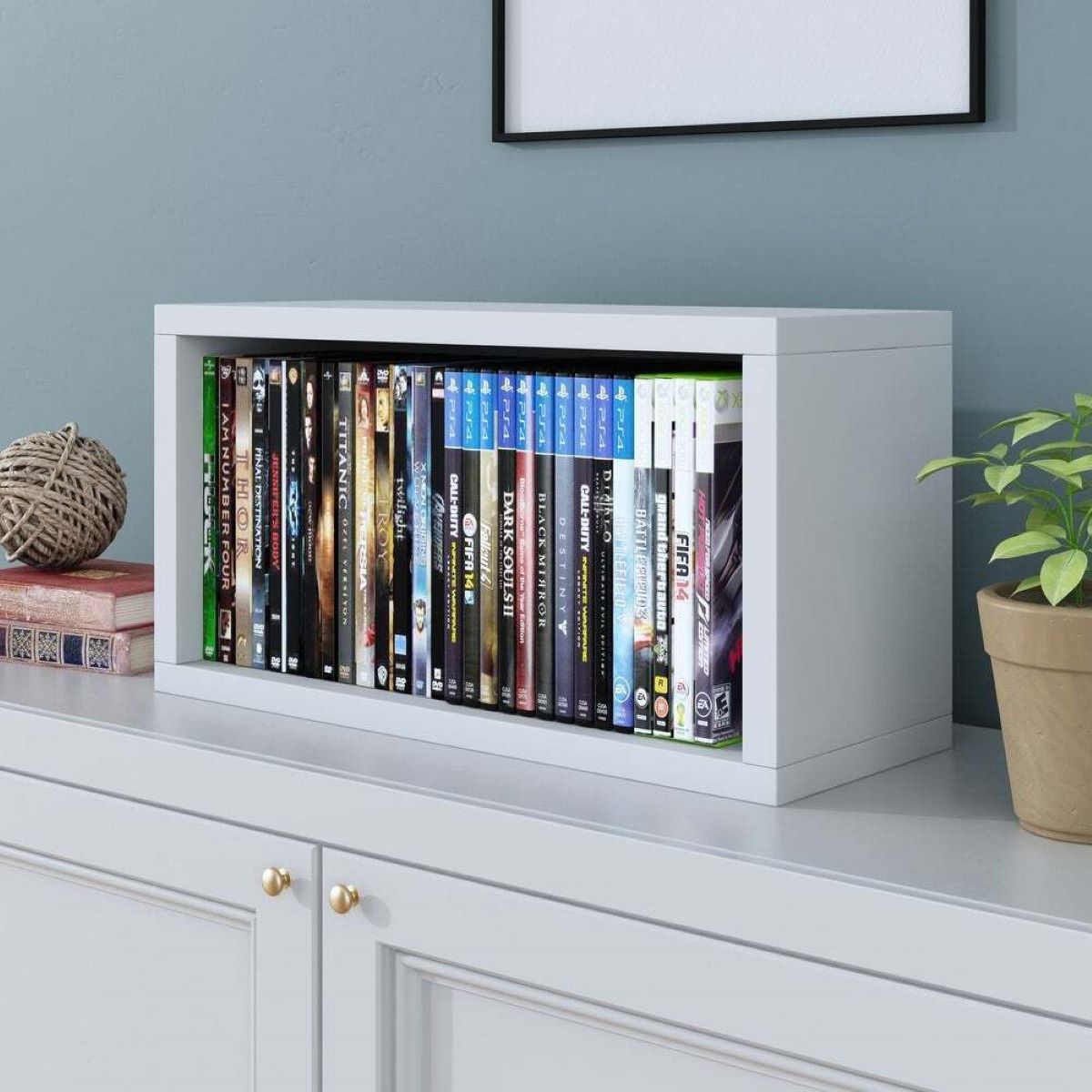
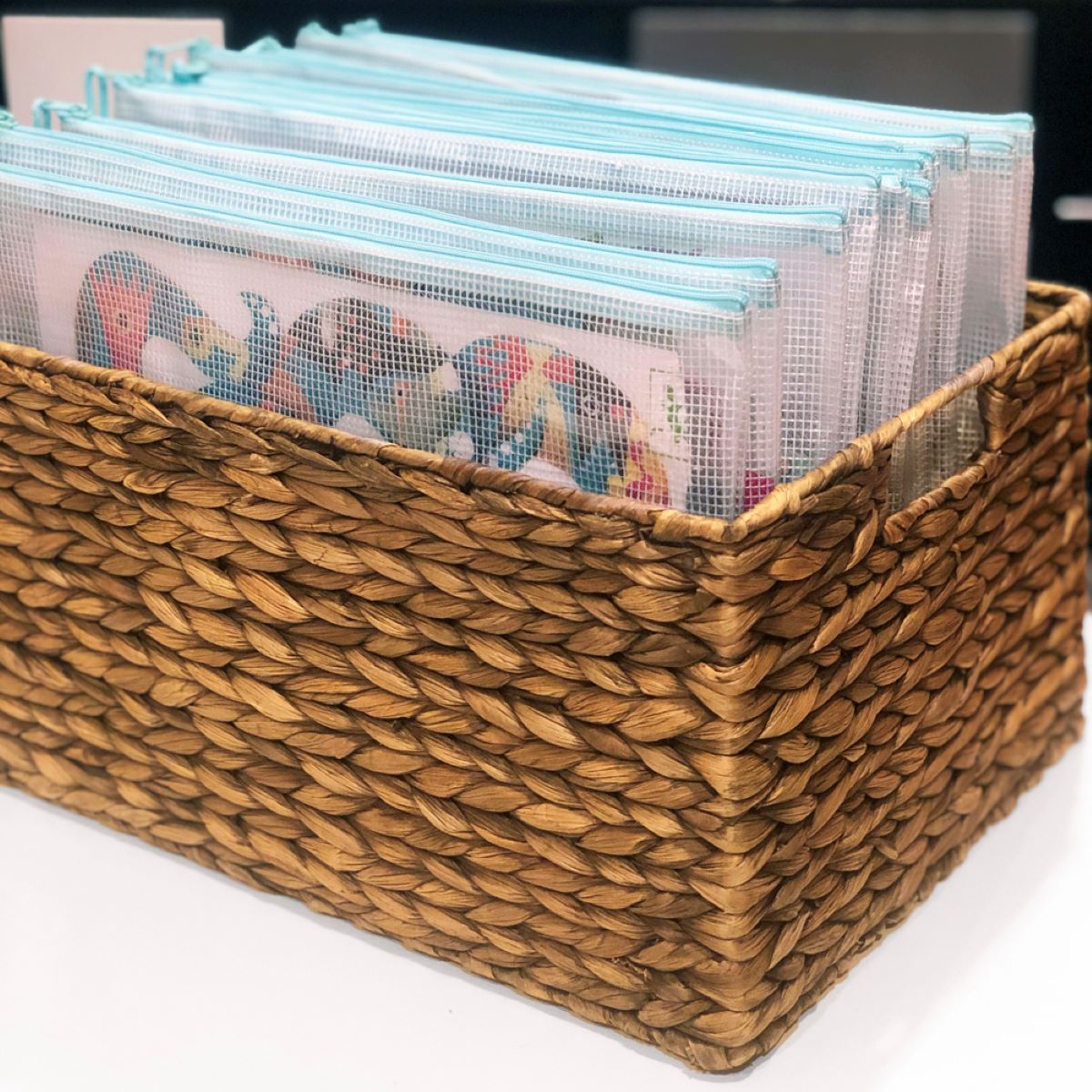
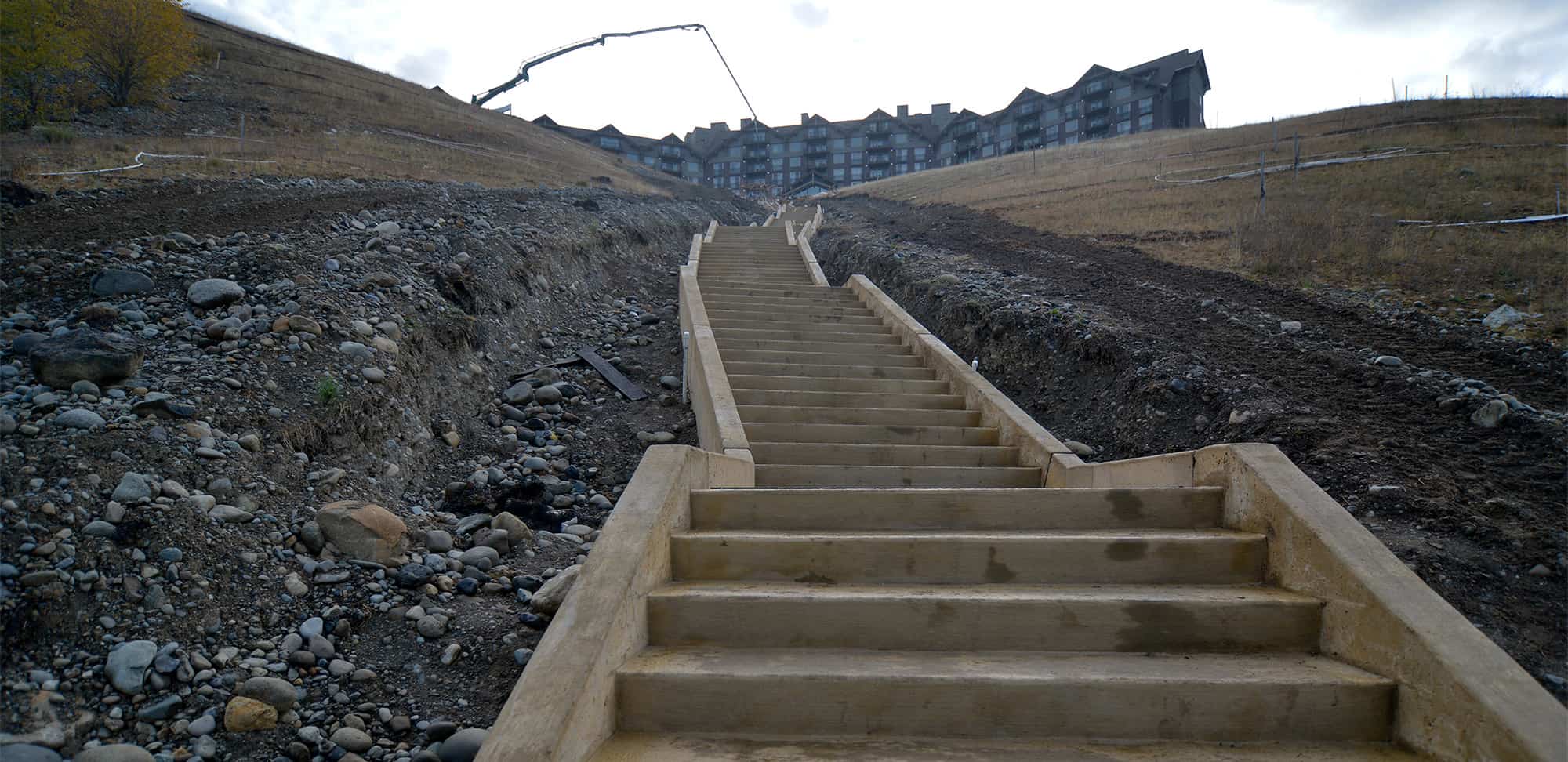
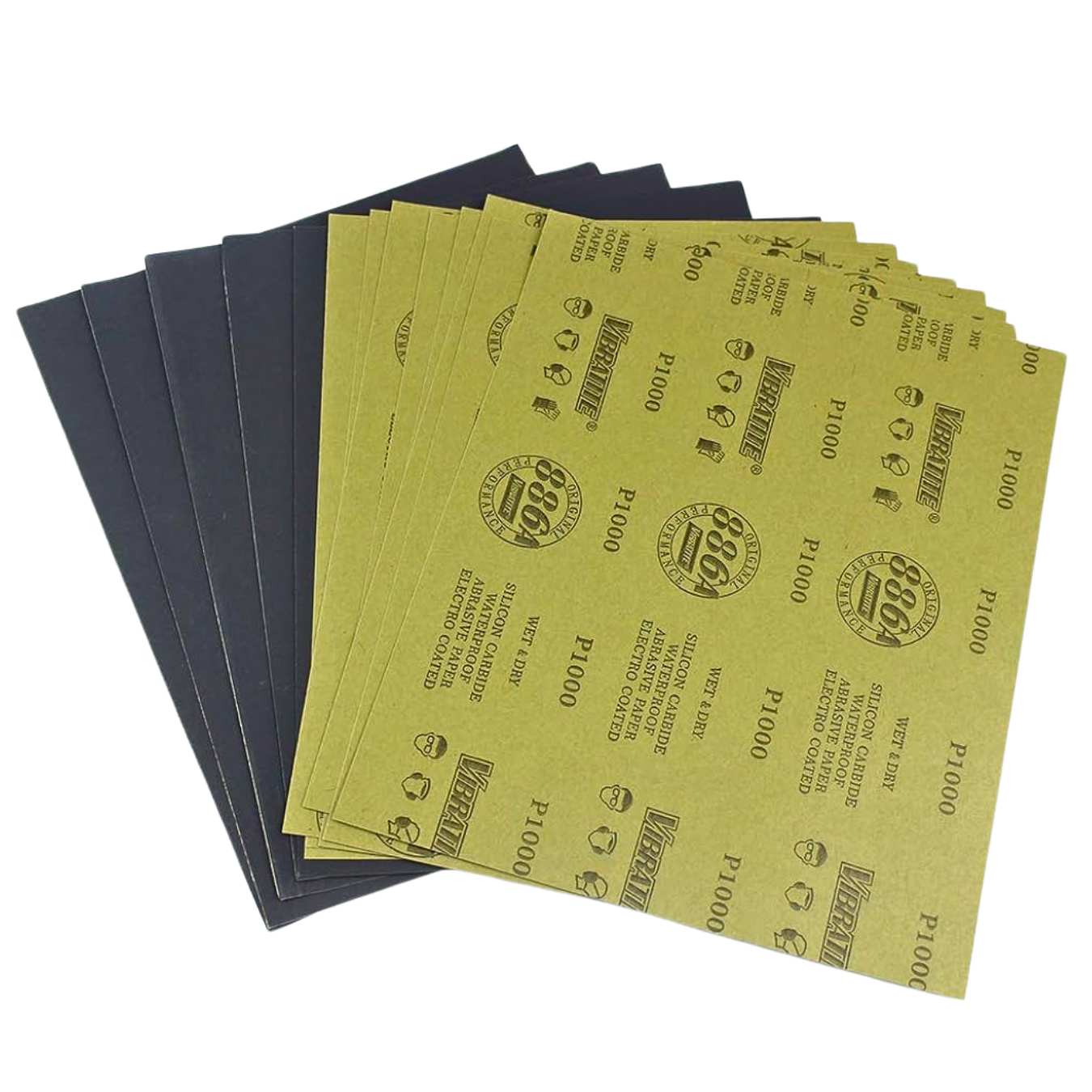
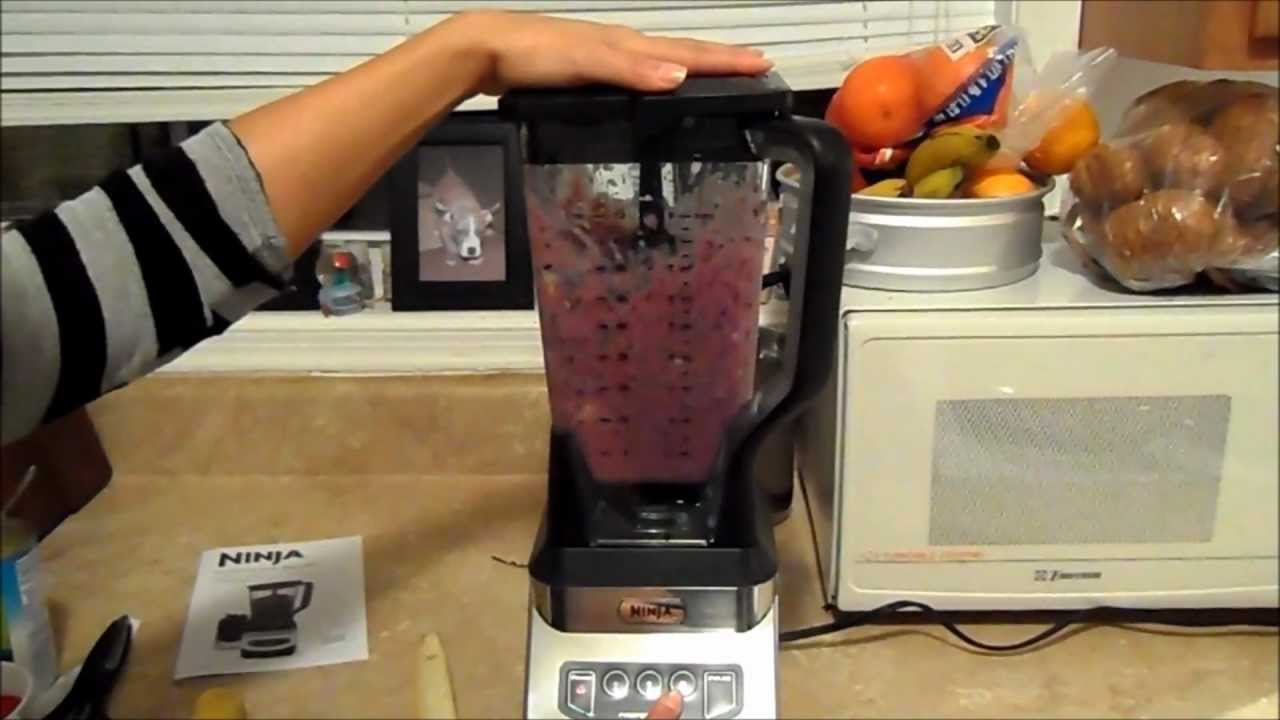

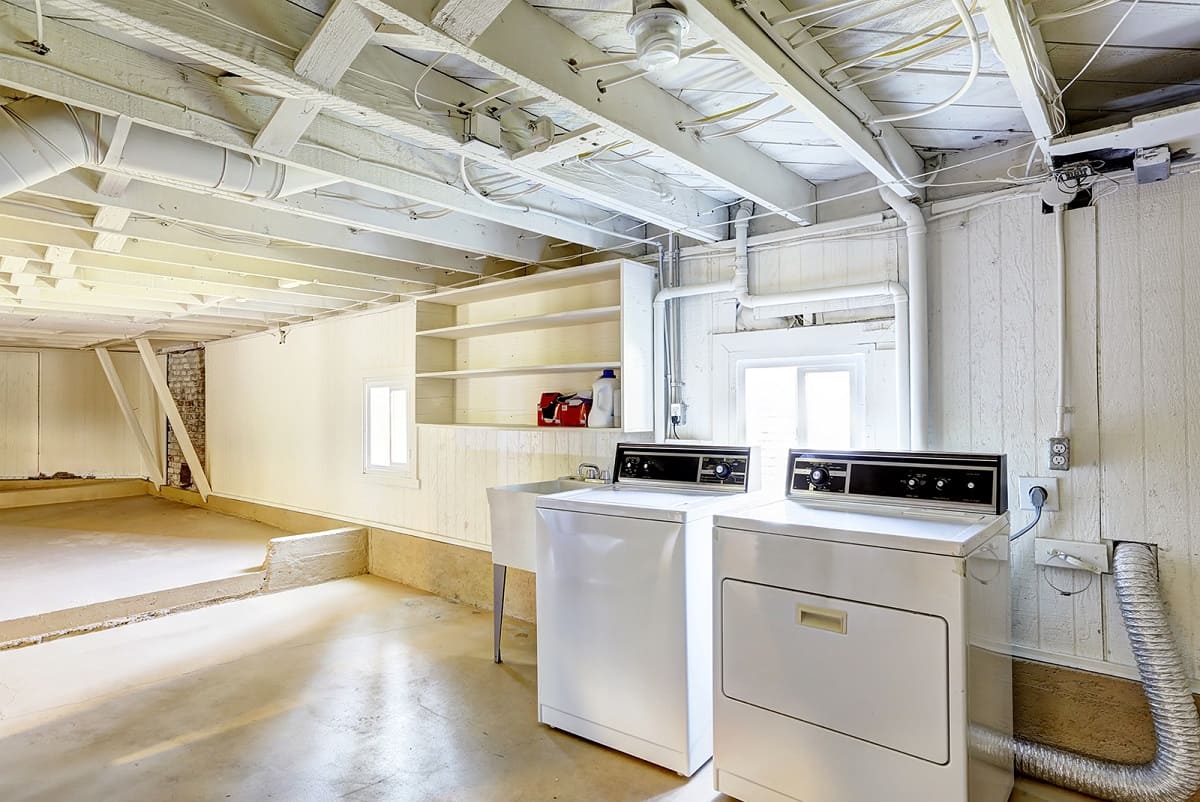



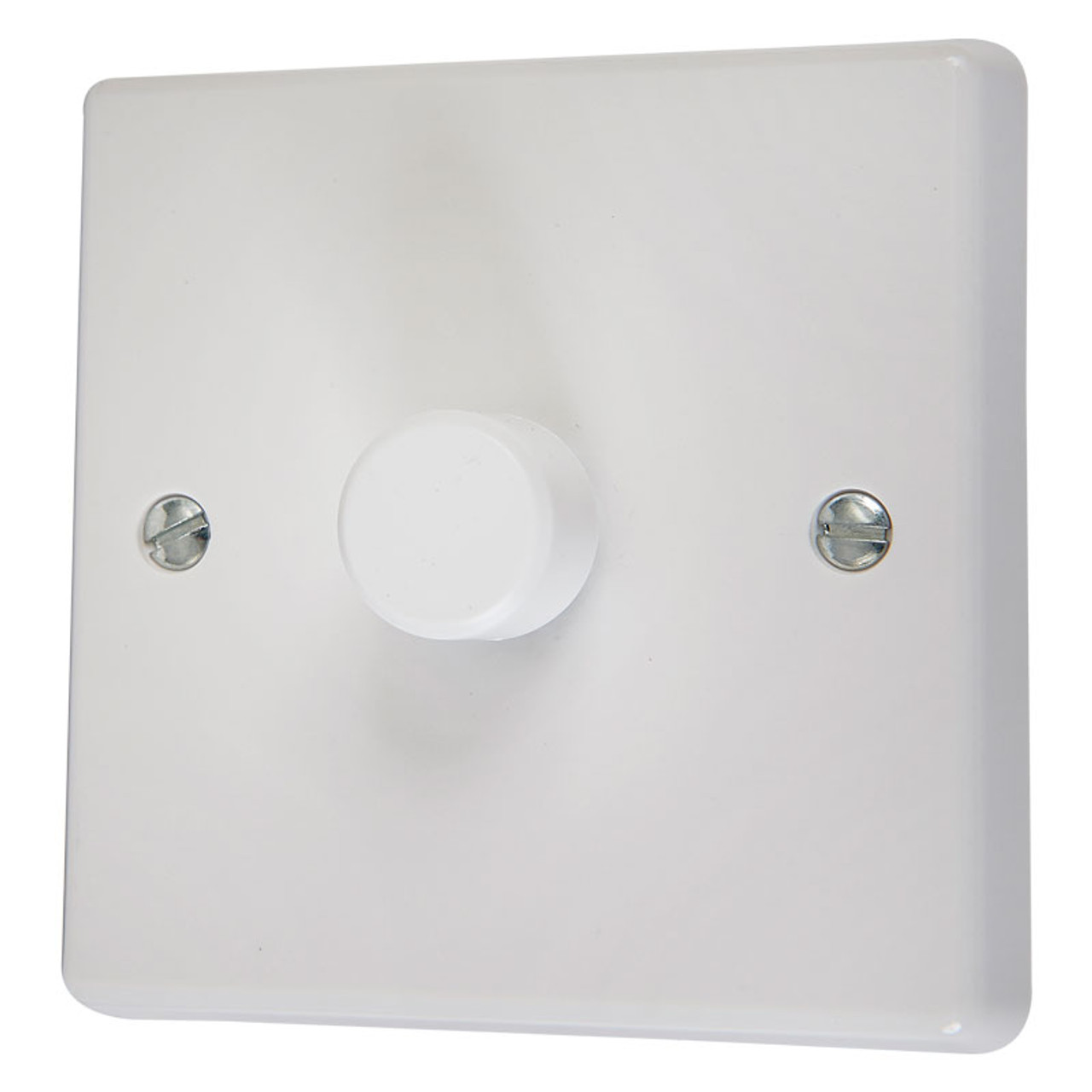

0 thoughts on “How To Store 1000 DVDs”